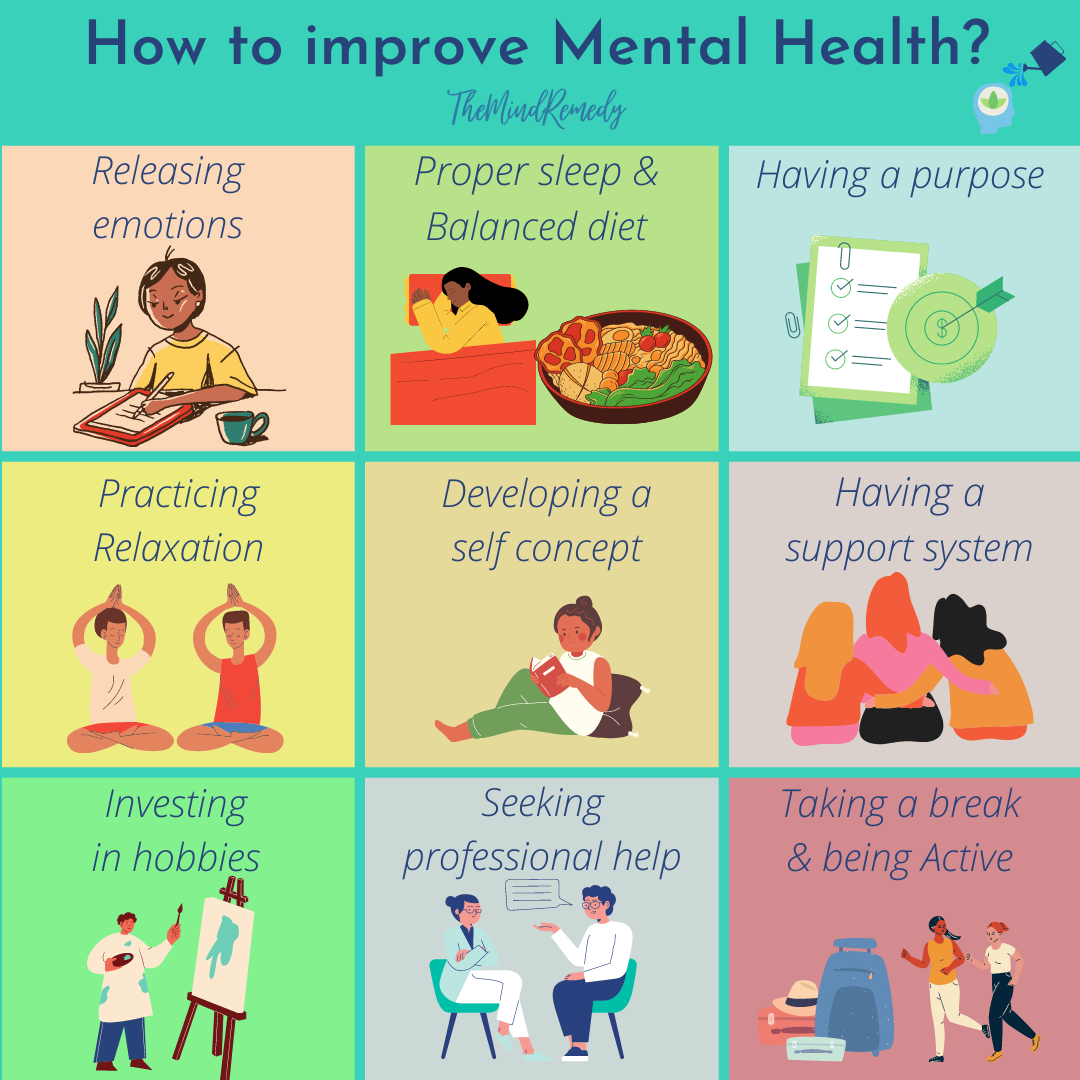Emotional resilience is the ability to adapt and recover from stress, adversity, and challenges. It’s not just about bouncing back; it’s about growing stronger and more capable through tough experiences. Building emotional resilience is essential for maintaining mental health and achieving personal goals, as it allows you to stay grounded and confident even in the face of uncertainty. Here are some practical tips to help you develop emotional resilience and enhance your ability to navigate life’s ups and downs.
1. Cultivate Self-Awareness Understanding your emotions and how they influence your behavior is the first step toward building resilience. Self-awareness allows you to recognize when stress, anxiety, or negative emotions are creeping in and take proactive measures. Start by setting aside time each day for reflection. Journaling can be an effective tool for this, as it helps you process your feelings and identify patterns in your emotional responses. Over time, you’ll become better at identifying your triggers and knowing how to manage them effectively.
2. Practice Self-Compassion When faced with setbacks or mistakes, it’s natural to be self-critical. However, self-compassion involves treating yourself with the same kindness and understanding as you would a friend in distress. Instead of harshly judging yourself, practice positive self-talk and remind yourself that everyone makes mistakes. Self-compassion helps reduce negative self-talk and fosters a nurturing mindset that supports growth and recovery.

3. Build a Support System Strong social connections are vital for emotional resilience. Having a network of friends, family, or support groups can provide encouragement, advice, and comfort during tough times. Reach out to those who uplift and understand you. Don’t hesitate to ask for help when needed, as seeking support doesn’t make you weak; it makes you human. The people you surround yourself with play a critical role in reinforcing your sense of belonging and emotional stability.
4. Develop Healthy Coping Mechanisms Managing stress effectively requires healthy coping strategies. Engaging in activities that you enjoy and that bring you peace can help you recharge and maintain emotional balance. Exercise, meditation, and hobbies are excellent ways to manage stress and improve your mood. Physical activity, for instance, releases endorphins, which naturally lift your spirits. Regular practice of mindfulness and meditation can enhance your ability to stay present and reduce the impact of negative emotions.

5. Embrace Flexibility Life rarely goes according to plan, and developing the ability to adapt to change is an essential part of emotional resilience. Embracing flexibility means accepting that setbacks are part of the journey and that there may be alternative paths to achieve your goals. Instead of being rigid or stuck on a single outcome, allow yourself to explore new options and see challenges as opportunities for growth. This mindset helps you respond to obstacles with creativity and optimism.
6. Set Realistic Goals Setting achievable and meaningful goals can provide direction and purpose. When you set goals that are too ambitious or unattainable, it can lead to frustration and decreased resilience. Break your goals into smaller, manageable steps and celebrate your progress along the way. This will help you stay motivated and build confidence in your ability to overcome obstacles. Remember, progress is not always linear, and each small win adds up over time.

7. Practice Gratitude Gratitude can transform your outlook on life and enhance your emotional resilience. By focusing on what you’re thankful for, you can shift your attention away from negative thoughts and stressors. Start or end your day by listing three things you are grateful for. This simple practice can help you maintain perspective and remind you of the positives in your life, even during difficult times.
8. Prioritize Self-Care Self-care isn’t a luxury; it’s a necessity for emotional well-being. Taking care of your physical, emotional, and mental health strengthens your ability to face life’s challenges. Ensure you’re getting enough sleep, maintaining a balanced diet, and managing your stress effectively. Adequate rest helps you process and respond to stress more effectively, while a healthy diet provides your body and brain with the nutrients they need to function optimally.
9. Learn from Setbacks When facing challenges, take time to reflect on what you’ve learned from the experience. Even when things don’t go as planned, there are often valuable lessons that can be applied in the future. Ask yourself questions such as: What went well? What could I do differently next time? This practice turns setbacks into stepping stones for personal growth and builds your resilience by reinforcing the idea that you can handle future challenges more effectively.
10. Stay Present The tendency to ruminate over past mistakes or worry about future outcomes can be detrimental to emotional resilience. Practicing mindfulness and staying present can help you focus on what’s happening right now, rather than getting overwhelmed by “what ifs” and “what was.” Incorporate short mindfulness exercises into your daily routine, such as deep breathing, body scans, or mindful walks. This practice can help you cultivate a sense of calm and centeredness, making it easier to manage stress.
Conclusion Building emotional resilience takes time and conscious effort, but the benefits are worth it. With the right practices, you can train yourself to respond to challenges with a positive and solution-focused mindset. By cultivating self-awareness, practicing self-compassion, developing healthy coping strategies, and maintaining a strong support system, you’ll be better equipped to navigate life’s challenges with grace and strength. Embrace these practical tips, and you’ll find yourself more prepared to face whatever comes your way.

Coach lex lauren here
